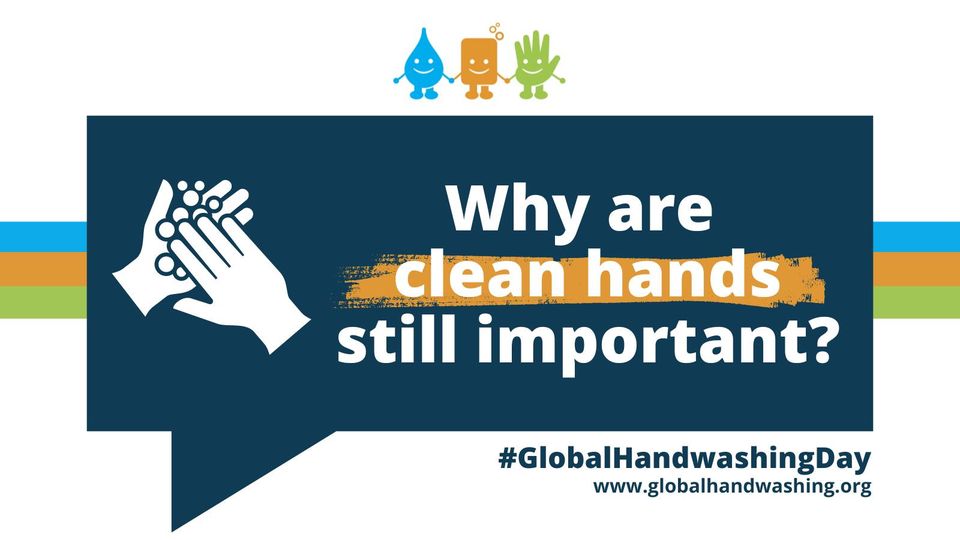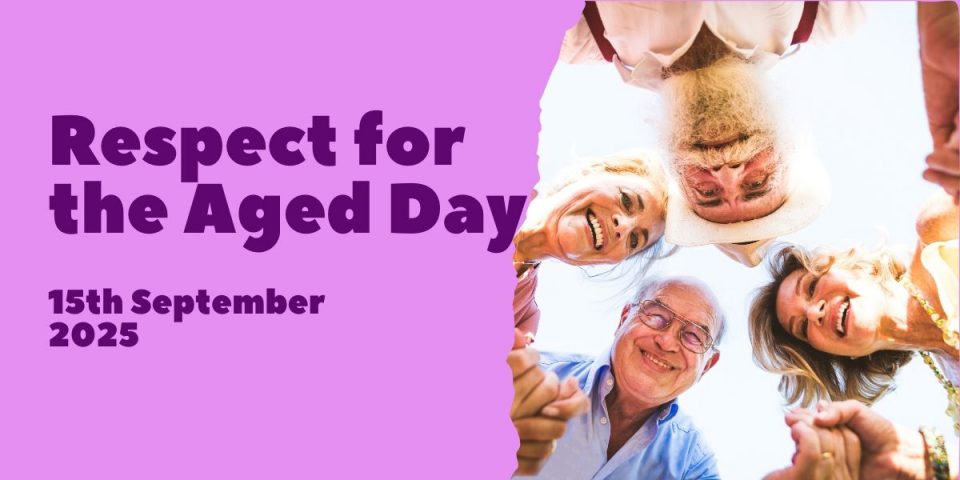
UN Day of the Older Person 2024
October 1, 2024
Happy Christmas from Private HomeCare
December 17, 2024Global Handwashing Day 2024


Global Handwashing Day – Why It’s Essential in Home Care
Every year on October 15th, the world comes together to celebrate Global Handwashing Day, an important reminder of the critical role that proper hand hygiene plays in maintaining health and preventing the spread of disease. For us in the home care sector, this day holds special significance. Handwashing is not just a recommended practice; it is an essential daily routine that protects both carers and the vulnerable individuals we support.
At Private HomeCare, we are committed to delivering the highest standards of care. Hand hygiene is at the heart of this commitment, ensuring the safety and well-being of our clients, many of whom are elderly or have compromised immune systems. In the context of home care, the simple act of washing hands becomes an act of love and responsibility, one that helps us reduce the risk of infections and provide a clean and safe environment.
In this blog post, we’ll explore the importance of handwashing in the home care setting, best practices for carers, and the role of hand hygiene in keeping both clients and carers healthy.
Why Handwashing Is Essential in Home Care
Home care workers frequently move between different environments, from client homes to their own personal spaces, and back again. With every transition, there is the potential to carry germs, bacteria, and viruses from one place to another. In a home care setting, where clients may be more susceptible to illness due to age or health conditions, preventing the spread of infection is a top priority.
The benefits of handwashing extend beyond just preventing the common cold. Proper hand hygiene significantly reduces the spread of more serious illnesses, including respiratory infections, gastrointestinal diseases, and even antibiotic-resistant bacteria.
For carers, frequent handwashing is a vital step in protecting themselves and their clients from harm. By washing hands regularly, carers can minimise the transmission of pathogens that may be picked up during daily activities, including touching surfaces, preparing food, or providing personal care.
When Should Carers Wash Their Hands?
Carers face numerous “touch points” throughout their workday where hand hygiene is necessary. These are the critical moments when germs are most likely to spread from person to person or via contaminated surfaces. As a home care company, we have established clear guidelines for our team, ensuring they know exactly when to wash or sanitise their hands. Key moments include:
- Upon Entering and Leaving a Client’s Home
Before stepping into a client’s living space, it’s essential to wash or sanitise hands. This simple act helps prevent bringing in any external germs that could pose a risk to the client. Likewise, washing hands before leaving ensures that carers do not carry any germs picked up during their visit back to their own homes or the next client. - Before and After Providing Personal Care
Whether assisting with bathing, dressing, or any form of personal hygiene, carers must always wash their hands before and after these tasks. This prevents the spread of germs both from the caregiver to the client and vice versa. - Before Preparing or Handling Food
Food preparation is a common task in home care, and proper hand hygiene is crucial to avoid cross-contamination. Washing hands before and after touching food, especially raw ingredients, is a key step in preventing foodborne illnesses. - After Using the Bathroom or Helping a Client with Toileting
Personal hygiene after using the bathroom is a given, but in home care, it’s doubly important. Carers must also wash their hands after assisting a client with any toileting tasks to avoid the spread of bacteria like E. coli or salmonella. - After Coughing, Sneezing, or Blowing Your Nose
Cold and flu viruses are easily transmitted via droplets from sneezing or coughing. Carers should always wash their hands after touching their face or dealing with respiratory secretions, especially in flu season. - After Touching Commonly Used Surfaces
High-touch surfaces such as doorknobs, remote controls, and light switches are breeding grounds for germs. Carers should be mindful of these surfaces and wash their hands after coming into contact with them, particularly in environments shared by multiple people.
- Before and After Using Gloves
Always wash hands before and after putting on/removing gloves. Note gloves do not replace the need for handwashing.
Handwashing vs. Hand Gels: Which to Use?
While washing hands with soap and water is the gold standard for removing dirt, bacteria, and viruses, there are times when it may not be feasible. In a client’s home, for example, carers may be unsure of the cleanliness of towels or tea towels available. In such cases, using a high-quality alcohol-based hand gel can be a practical alternative.
Hand gels are effective in killing most bacteria and viruses, especially when there is no visible dirt on the hands. However, it’s important to note that hand gels are less effective against certain types of germs, including norovirus, so when in doubt, opt for washing hands with soap and water whenever possible.
We encourage all our carers to carry a personal supply of hand gel for moments when washing with soap isn’t an option. This ensures that they can maintain high standards of hygiene, even when outside of the home or in situations where water is not readily accessible. Hand gel, like PPE materials, is available free for all employees.
Promoting Hand Hygiene amongst Carers
At Private HomeCare we believe that education and support are key to promoting effective hand hygiene practices. We provide training for our carers on the best handwashing techniques, the correct use of hand gels, and the importance of hygiene in reducing infections in our Induction courses for all new starters, in the AMRIC Basics of Infection Prevention and Control course and in the most recent mandatory course for carers: AMRIC Hand Hygiene,
In addition to training, our compliance team regularly visit clients homes’ with their permission and advance notice, for spot checks of our carers. Ifa carer’s hand hygiene / infection prevention practices are deemed not up to standard, these carers must complete the AMRIC Hand Hygiene course again.
Conclusion
Global Handwashing Day serves as an important reminder of the crucial role hand hygiene plays in healthcare, and especially in home care. Private HomeCare is dedicated to protecting the health of both our carers and our clients. By maintaining proper hand hygiene, we can prevent the spread of infections, safeguard the most vulnerable members of our community, and continue to provide compassionate, high-quality care in every home we serve.
Let’s all take a moment this October 15th to recommit to the simple yet powerful act of handwashing—and make it a habit that protects and preserves health every day of the year.


